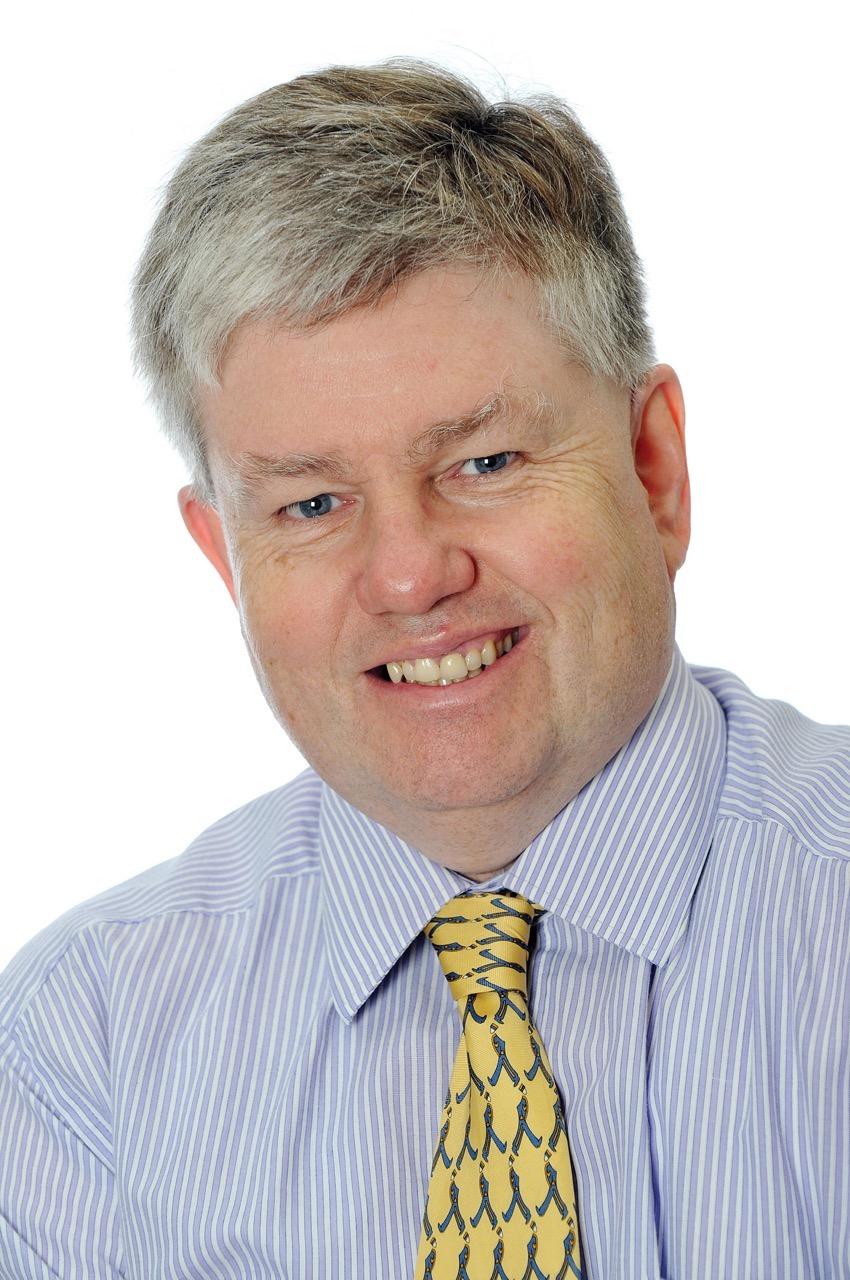Power2Inspire sets sports inclusivity agenda in the UK
Despite the success of London 2012, participation in disabled sports has fallen. John Willis aims to change that. He's founded Power2Inspire, a social enterprise to encourage disabled and non-disabled people to enjoy sport together. He tells Pioneers Post about sports for children, inclusive golf and the challenges of working with politicians who are just thinking about the election right now.
John Willis is possibly one of the friendliest people you'll ever have the pleasure to meet. He's a former lawyer, chair of Provide CIC (a social enterprise that delivers £55m of community services to the NHS) and is now at the helm of a fledgling social enterprise, Power2Inspire.
 John Willis. Photo credit: Power2Inspire
John Willis. Photo credit: Power2Inspire
Pioneers Post: What was your motivation for setting up Power2Inspire?
John Willis: I’ve been disabled all my life and was deprived of the opportunity to participate in sports with other people. Surprisingly and disappointingly, that still happens today.
One of the things that happened after the 2012 Paralympics is that the take-up of sports by disabled people actually went down.
What I want to do is engage disabled and non-disabled people to participate in sports at the grassroots level. It’s interesting that it’s actually the non-disabled people who seem to gain the most out of it because they have fun, they realise that sport is fun, they don’t feel self conscious about their bodies, their inadequacies. There tends to be lots of laughter because things go wrong.
PP: How will Power2Inspire promote inclusion through sports?
JW: We want to create Powerhouses, which will be places – in the first instance a virtual place – where disabled and non-disabled people can come together and play sport.
There’s a sporadic amount of these sports going on but there’s no signposting, centralised resource or marketing – nobody knows it exists. The virtual centre will act as a hub that will do the connecting.
We also run events and held the first Powerhouse Games in October last year in Cambridge. The Games helped raise awareness among over 200 local pupils of the sports that disabled people can play and enjoy.
There is a significant number of disabled children – around 3,000 in Cambridge alone – in mainstream schools and my understanding from those who I have spoken to is that sports staff don’t really know what to do with them. We want to introduce adaptive sports that work for these children.
We’re also holding a festival of inclusive golf in May. It will be a nine-hole, par three course where each team of four will have at least one disabled person among them.
Incubator insight
In October last year John took part in Social Incubator East’s Social Venture Weekend in Cambridge and is currently on their one-year incubator programme. The programme offers business support in a variety of forms, from mentoring to flexible loan finance.
|
How has the Social Incubator East weekend and programme supported your start-up?
|
PP: Can you describe the Power2Inspire business model? How is it sustainable?
JW: My business model is that some of the work we do will have to be charitably funded. We’ll take money from foundations and grants, for example. But we are also investigating on two fronts some really interesting revenue streams that will just be for money.
Physical inactivity costs the UK economy over £7bn every year, so if we could tackle even 10% of that it would be a £650m saving.
We’re investigating with the NHS and my other organisation Provide CIC whether, under the push the government has for care to be carried out closer to home, we can offer sporting activities and other things that will improve people’s mental and physical health and thus make them less likely to need public healthcare.
We’re also looking at a programme to roll out to schools on disability awareness.
The year ahead
Towards the end of last year John chaired Social Enterprise UK’s Fit for the Future conference, during which Social Enterprise UK's CEO Peter Holbrook said that the UK’s health and social care sector was facing “unprecedented challenges”.
In similar vein Baroness Glenys Thornton, a Labour and Co-operative member of the House of Lords, said: “Even conservative politics – and that’s conservative with a small and a capital ‘c’ – agrees that the NHS and care services are facing unprecedented challenges."
PP: As an entrepreneur and the chair of a large NHS spin-out, what are the key challenges for the health and social care sector in the next 12 months?
JW: The advantage of a fixed term is that we know when the election is going to happen; the disadvantage is that we don’t know that during the next few months it’s going to be very difficult to get decisions out of people.
We all suspect that it’s going to be a very muddy answer in May. If there is coalition it could take quite a while for that coalition to form. Issues around health will then need further negotiation between the coalition partners, whoever they may be, before they can start saying things with certainty.
For those of us in the social enterprise area who are keen to push for innovation, it is even more frustrating that there is another excuse to slow us down. One of the problems we’re dealing with where we’re trying to get a number of different parties on board – which is essential for our organisation – is the uncertainty at every point. You think you’ve got somebody on board and then something in the macro politics changes their mind.
Within the Department of Health and across the parties, there seems to be a major ideology battle about either competition or integration and we seem to be running with both.
This causes all sorts of confusion and difficulties. I think you cannot have true competition in our heath care – to have competition, you have to have a surplus of supply and we don’t want to have that.
We’re heading into a period of uncertainty where very difficult decisions need to be made. I think a lot of things are going to get rolled over and that’s not helpful for anybody.
Social Incubator East is a business support programme for social enterprises run by Allia, a charity which supports social ventures, in partnership with the Cabinet Office, Foundation East, Keystone Development Trust and Big Lottery Fund.
Registration is now open for the next Social Venture Weekend between 27 February and 1 March. To find out more click here.
Photo credit: Stuart Grout



